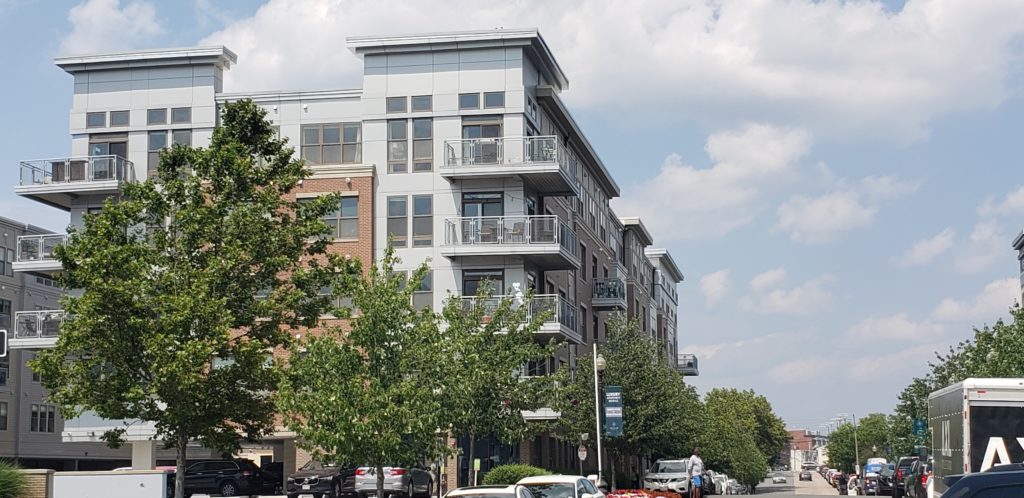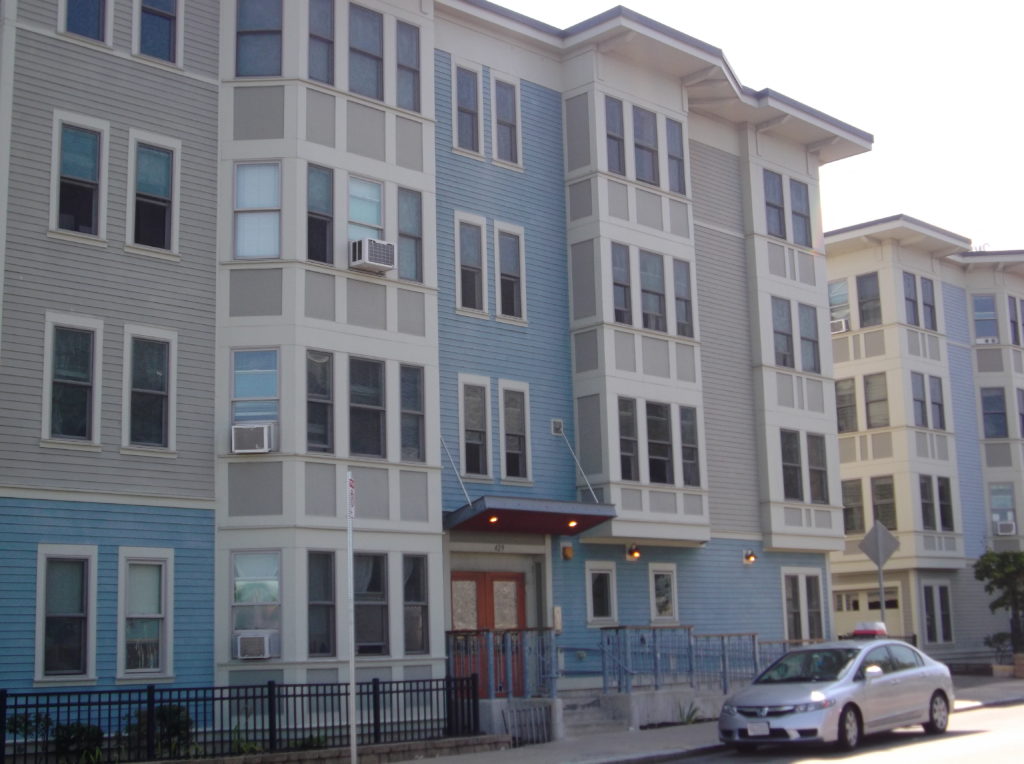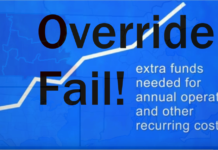By MICHAEL FREEDBERG
SPECIAL TO EASTBOSTON.COM
Update 1/23/2023:Mayor Wu’s small-ball rent “stabilization” proposal
Since her days on the campaign trail, Mayor Wu has talked up some form of rent price control. Now, one year into her term as Mayor, she has put forward a proposal quite limited in scope. Certainly, her plan isn’t the sweeping price halt that some of us felt was coming.
The most recent plan from Wu would cap rent increases at 10 percent above the federal consumer price index, year to year. New construction is exempt, as are three-deckers and “small properties.”
These exemptions take out of her plan the vast majority of rental units in the City. What’s left? Only already existing properties, of four units or more. Granted, that’s still a hefty chunk of the City’s current rental units.
The problem is that most of the City’s remaining low-income families live in the three-deckers that are exempt. The big properties that are not exempt include all the so-called “luxury condo” developments that are marketed to singles who can afford $3000 to $5000 monthly rentals.
Yes, the non-exempt properties also include all the older apartment buildings still inhabited by long-term, lower-income residents. For them, at least, Wu’s plan might mean a temporary benefit. Yet all of my objections to rent control discussed in my original column of January 14, 2022 (republished below), still apply.
Will Wu’s plan get a favorable reception from the legislature? The Senate almost certainly will approve it. The House, less certain. One thing is for sure : Governor Baker would have vetoed it, and his veto would have stuck. Governor Healey almost certainly will not veto the proposal.
Since her days on the campaign trail, Mayor Wu has talked up some form of rent price control. Now, one year into her term as Mayor, she has put forward a proposal quite limited in scope. Certainly, her plan isn’t the sweeping price halt that some of us felt was coming.
The most recent plan from Wu would cap rent increases at 10 percent above the federal consumer price index, year to year. New construction is exempt, as are three-deckers and “small properties.”
These exemptions take out of her plan the vast majority of rental units in the City. What’s left? Only already existing properties, of four units or more. Granted, that’s still a hefty chunk of the City’s current rental units.
The problem is that most of the City’s remaining low-income families live in the three-deckers that are exempt. The big properties that are not exempt include all the so-called “luxury condo” developments that are marketed to singles who can afford $3000 to $5000 monthly rentals.
Yes, the non-exempt properties also include all the older apartment buildings still inhabited by long-term, lower-income residents. For them, at least, Wu’s plan might mean a temporary benefit. Yet all of my objections to rent control discussed in my original column of January 14, 2022 (republished below), still apply.
Will Wu’s plan get a favorable reception from the legislature? The Senate almost certainly will approve it. The House, less certain. One thing is for sure : Governor Baker would have vetoed it, and his veto would have stuck. Governor Healey almost certainly will not veto the proposal.
The Boston City Council is moving to undo the State’s ban on rent control. This would be a very stupid thing for the Council to do. Not that that surprises me. The Council’s — hell, the City’s — policy on housing ‘affordability” has been wrong-footed since at least 2013. It is way past time for the City to scrap its attempts to evade the market or bite off pieces of it, and in this column, I am going to propose a housing policy that the Council should instead adopt.
We had rent control in the 1970s. Here is what it actually did:
(1) it created an entire bureaucracy to oversee rent raises, designed like the State’s public utility rate board. There were, however, exempt properties, which meant that the property owners who had actually to deal with the bureaucracy were either large landlords or absentee owners of two-family dwellings or more.
(2) applying for a rent raise was a process as complicated as today’s Covid rental assistance applications, and more so. There had to be some sort of justification for a rent raise. This was subject to review by a rent board examiner. Maybe the applicant was successful, maybe not.
(3) landlords soon decided that the course least likely to cost them legal fees and potential rent rise failure was simply to stop doing any upgrades on the controlled unit and to do repairs only when ordered by a court.
(4) meanwhile, as rents generally rose in the city, tenants in controlled units started renting out rooms in their unit for more money than they were paying in controlled rent. (Of course, that was illegal, but they did it anyway);
(5) many landlords could no longer pay their mortgages and insurance and some desperate ones hired arsonists to burn their buildings for the insurance money. By 1977 this had become a citywide scandal.

Landlords then hit upon condominium conversion — which had been a small matter — as an out. If they could not realize the values their properties by renting, they could convert their units to condominiums and sell them. Conversion was so successful — because a strong real estate market had many, many buyers in it — that the city surrendered. It repealed its rent control ordinance. Gone was the expensive bureaucracy. Gone was the attempt to micro-manage rental properties.
Why does the Council want to return to the destructive days of rent control?
I guess they think that it will enable them to impose “affordability” more generally then is the current case. Right now, “affordability” is the subject of agreements the City of Boston imposes on developers of new housing: for every ten units, one must be “affordable.” Larger projects have to agree to a 13 percent, even a 20 percent “affordability” imposition.
It sounds nice, but it doesn’t work.
If a developer must take a loss on his “affordable” units, he has to jack up the price of his other units. The larger the “affordable” percentage, the higher the jack-up. Progressives love to talk about “income inequality,” but the affordability agreement aggravates income inequality.
This parody of ‘affordability’ may well result in the huge, 10,000-unit Suffolk Downs development not taking place at all. The investor has stated that he anticipates a 5.75 percent return. This is much lower than most real estate developers will accept, 10 percent being the minimum norm. At 5.75 percent, a developer is kaput if six percent of his mortgage borrowers can’t pay. In a good market that’s not an issue, but in the 2008 real estate bust, defaulted mortgages reached 33 percent in some areas and even higher. Much the same happened in Boston in 1989-1992 and in the late 1970s.
No wonder there has been no movement on Suffolk Downs so far.

I oppose root and branch any attempt to bring back the poison pill of rent control. It must not pass in Council, and if it does happen to pass, the legislature must kill it. I say the legislature because with Governor Baker leaving office, we are certain to have a Democratic Governor, who will likely face pressure from his or her purveyors of economic ivermectin and real estate oxychloroquine to support a remedy just as nuts as the goofy Covid elixirs peddled by right-wing attention kooks.
Which leaves us with the issue: What SHOULD Boston’s Council do by way of housing policy? Just this:
(1) expand the City’s rental; assistance program;
(2) continue the City’s developer linkage fee;
(3) abolish the affordability agreements;
(4) leave the market alone.
The market is everybody, after all: buyers, sellers, renters, landlords, brokers, insurers, moving companies, customers. I think they all are far better able to judge the value of what they are able to pay than any government will ever be. If there are imbalances in the market — and there sure are — it has more to do with inadequate wages being paid to workers who aren’t in the technology/content creation/academia/finance universe. These are the folks who do the grunt work in the service industry: retailers, cleaners, day laborers, wait-staff, and the like. Someday, maybe we will begin to value the efforts of these workers. So far, I haven’t heard any of the powered progressives say a word about this situation. Instead, they advance all sorts of concoctions as silly as the doodle bugging we see from anti-vaccination funny farmers.
I’m not impressed.
Mike Freedberg is editor and publisher of Here and Sphere. He is also a political consultant. He contributes original content regularly to EastBoston.com.
Originally published January 14, 2022
















